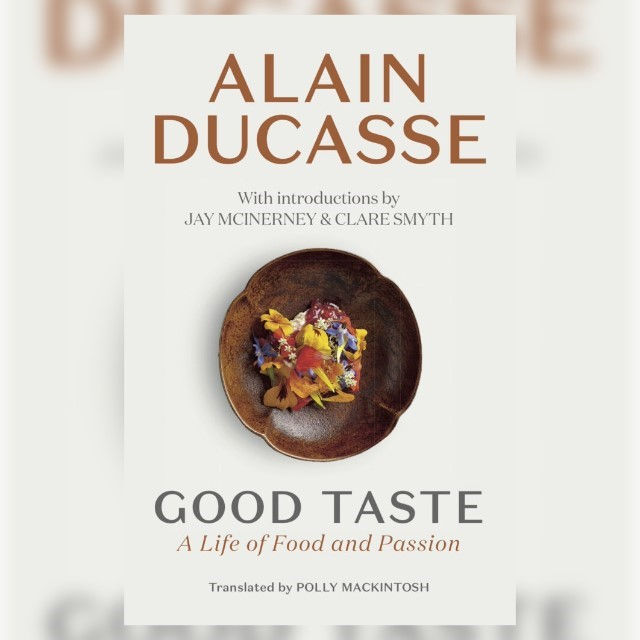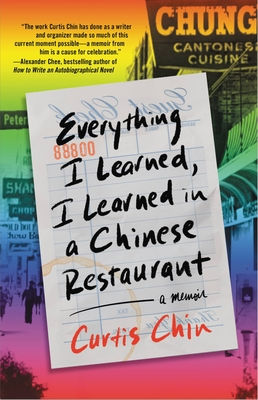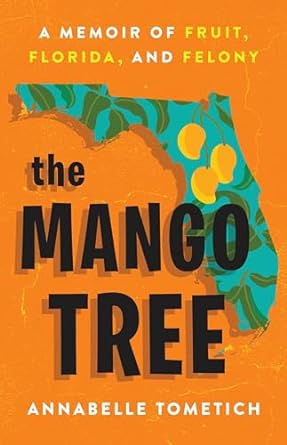Good Taste
- cathiebp24

- Mar 26, 2024
- 3 min read
Updated: Apr 17, 2024

A memoir and manifesto from the world’s most Michelin starred chef, Alain Ducasse, Good Taste takes us on a journey from his childhood on a farm in Les Landes, to setting up groundbreaking schools and restaurants across the world. He is now taking off his chef’s whites and passing on what he knows to the next generation. Ducasse writes a poignant ode to the humble vegetables that have inspired his entire cuisine and to the masters that guided him along the way. As he looks to the future, he reflects on just what ‘good taste’ means.
Childhood – French countryside
He shares his childhood in the French countryside. Although he never set foot in a restaurant until the age of 12, I can relate. When I was young, my grandmother cooked for our family and the memories that stem from that is at times vivid in my mind. Although we are in the U.S., the times I visited the Philippines, it was very much cooking with ingredients from the land and livestock.
Imagine having a “countryside” view growing up: a rustic landscape and beautiful scenery. Our environment serves as a backdrop on what we have access to. Born and raised in Chicago, how would my life be like growing up on my grandparent’s land.
His culinary journey is vast – the Mediterranean; from Paris to New York to Tokyo. And part of his journey includes the plane crash in 1984 where he was the only survivor. Six years after the accident, he earned his first three Michelin star.
Personal Commitment
Chef Ducasse notes in his childhood one major passion that can be found in all his restaurants and in his cuisine is: make due with what you’ve got.
“You must be able to forge new paths and support those who set out on them, knowing the price you must pay and not allowing talented people to get disheartened or lose their way”.
Opening ground-breaking restaurants; advancing young chefs through establishing Culinary schools and creating Artisan factories; writing book are just a few of his accomplishments. There are a lot of concepts he shares “he knows too well the type of education that is today at the heart of his school and the professions for which they train people-open, generous, and multifaceted”.
I was enamored by his fortitude in, quite literally, the moves he makes. He’s always up for the next adventure, the next path forward. Being driven by the products of what the land harvested and an eye towards taste and the art of cuisine, his passion exudes making him a chef of admiration and inspiration.
The Masters
He calls out and attributes his broadening of his experience to four masters: Michel Guerard, Alain Chapel, Roger Verge, and Gaston Lenotre. He shares “I adopted a mindset that has stayed with me ever since: I want to learn things I don’t’ know how to do from the very best teachers”.
The relationships and mentorships he has gained is invaluable to his passion to share and inspire. For me, it’s a reminder to seek those who are willing to be a liaison and mentor, to be inspired and grow, and to pay it forward.
Closing Thoughts
This definitely was more of a manifesto than a memoir.
His perspective of the growth of the industry, his keen knowledge and skill in discerning ingredients, and his calling to push the narrative and assist to advance young and coming chefs resides in this short, solid read.
“Cooking is before all else a state of mind; it is not just recipes.”
My blog touches on what food writing is to me. It encompasses their shared values, knowledge, techniques, and skills. It brings about the challenges they become faced with-professionally and personally, their journey, and what cuisine means to them. Above all, it is being able to bring forth the food writing genre. {Recipes shared is a given.}




Comments